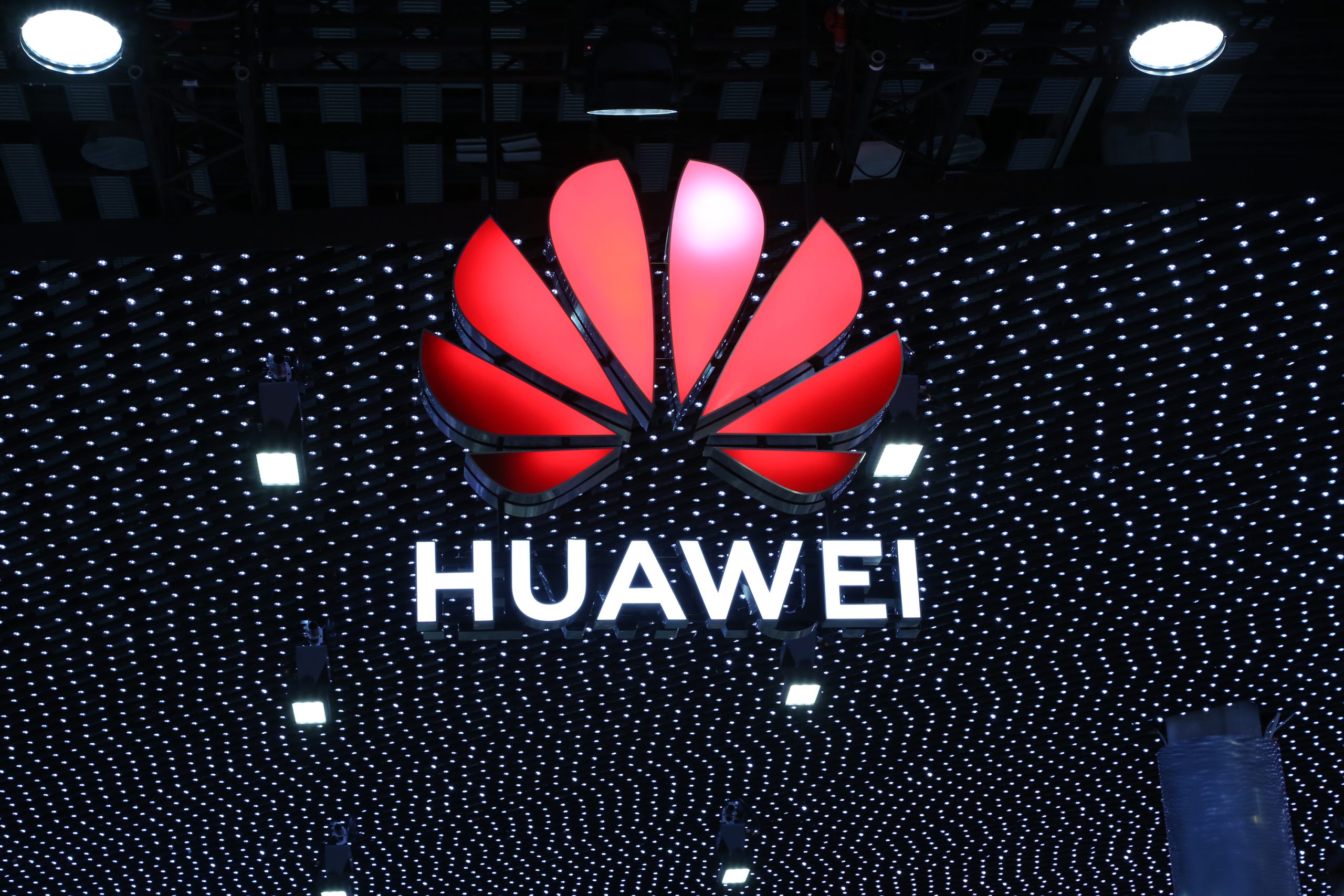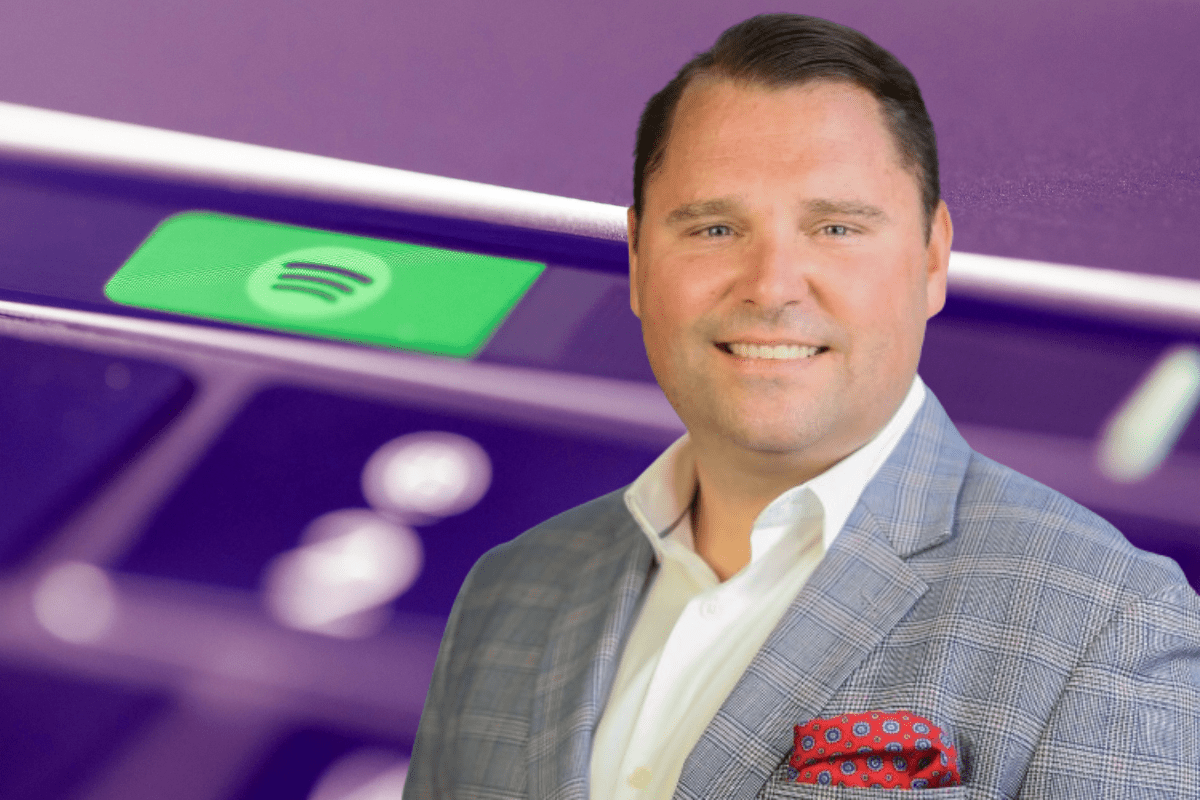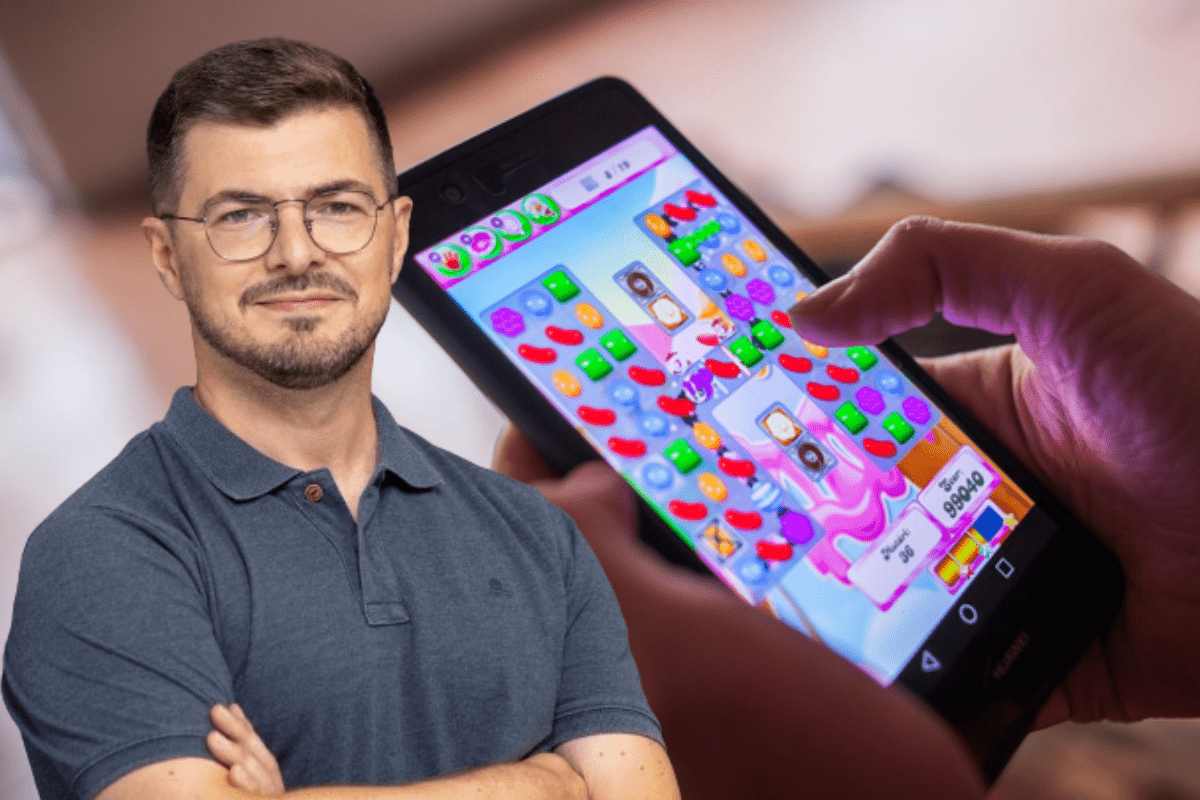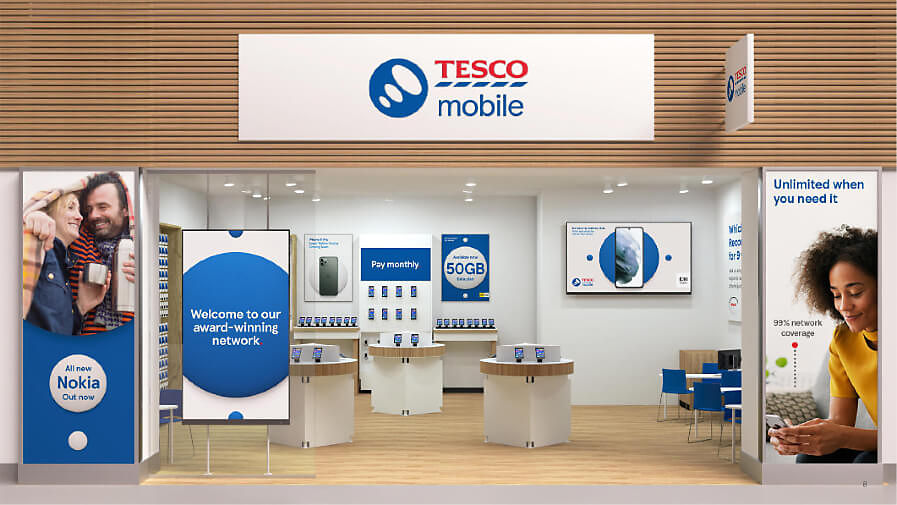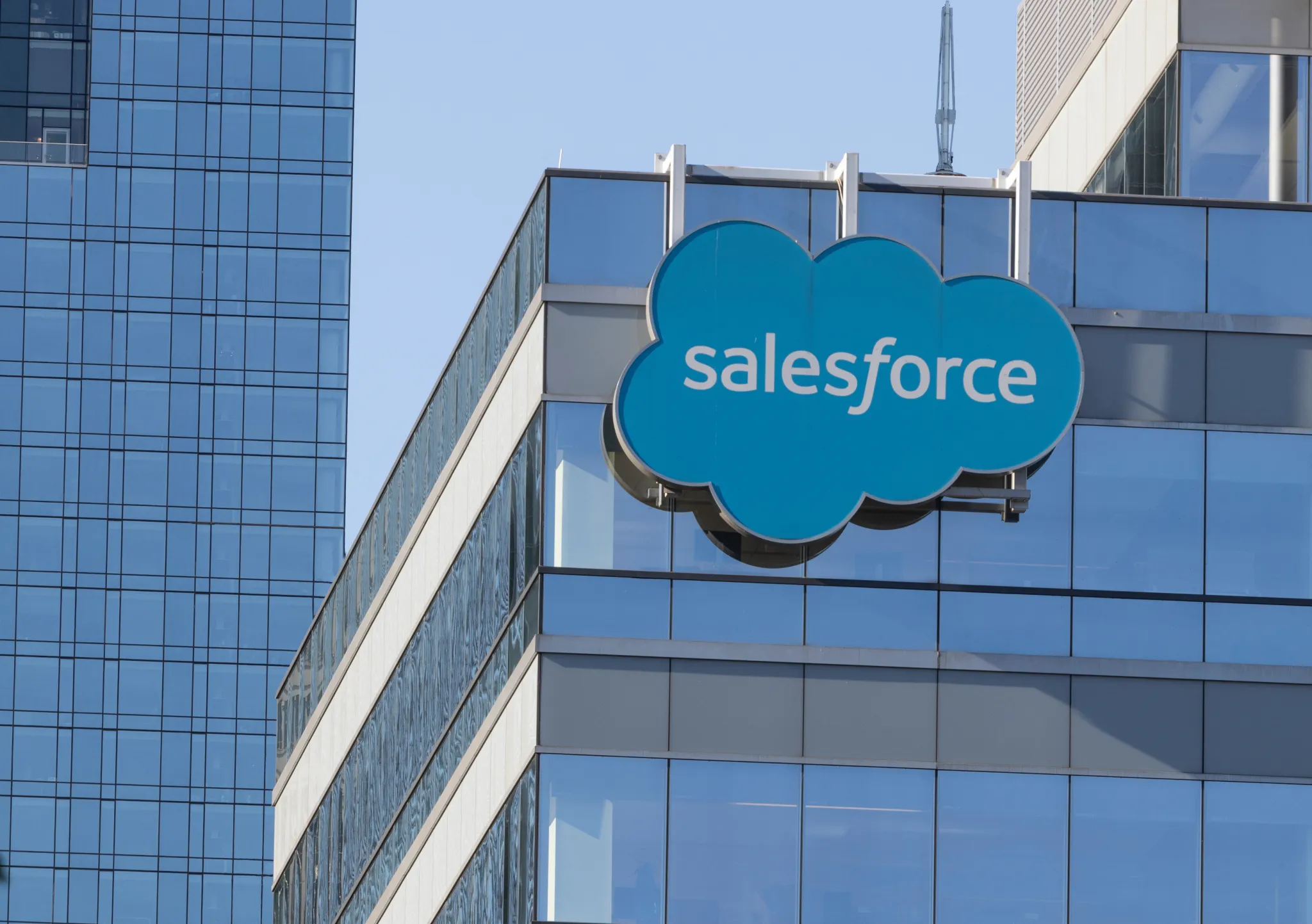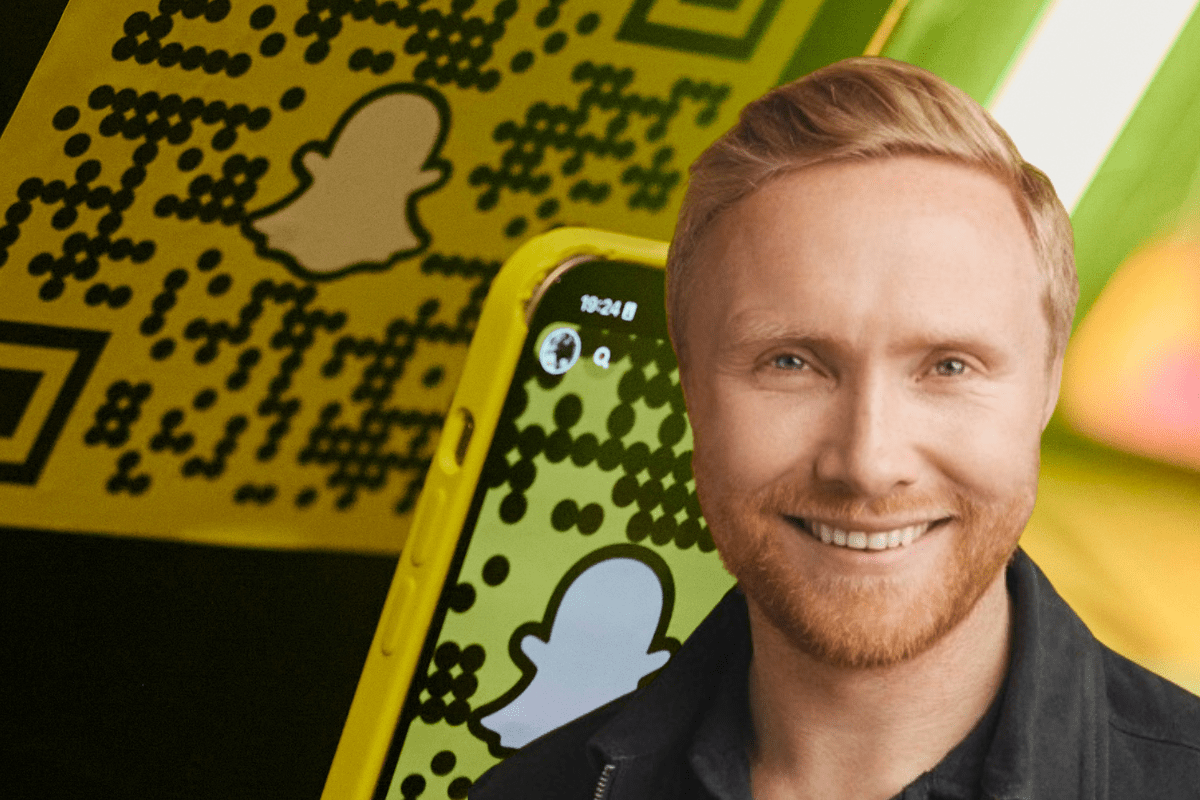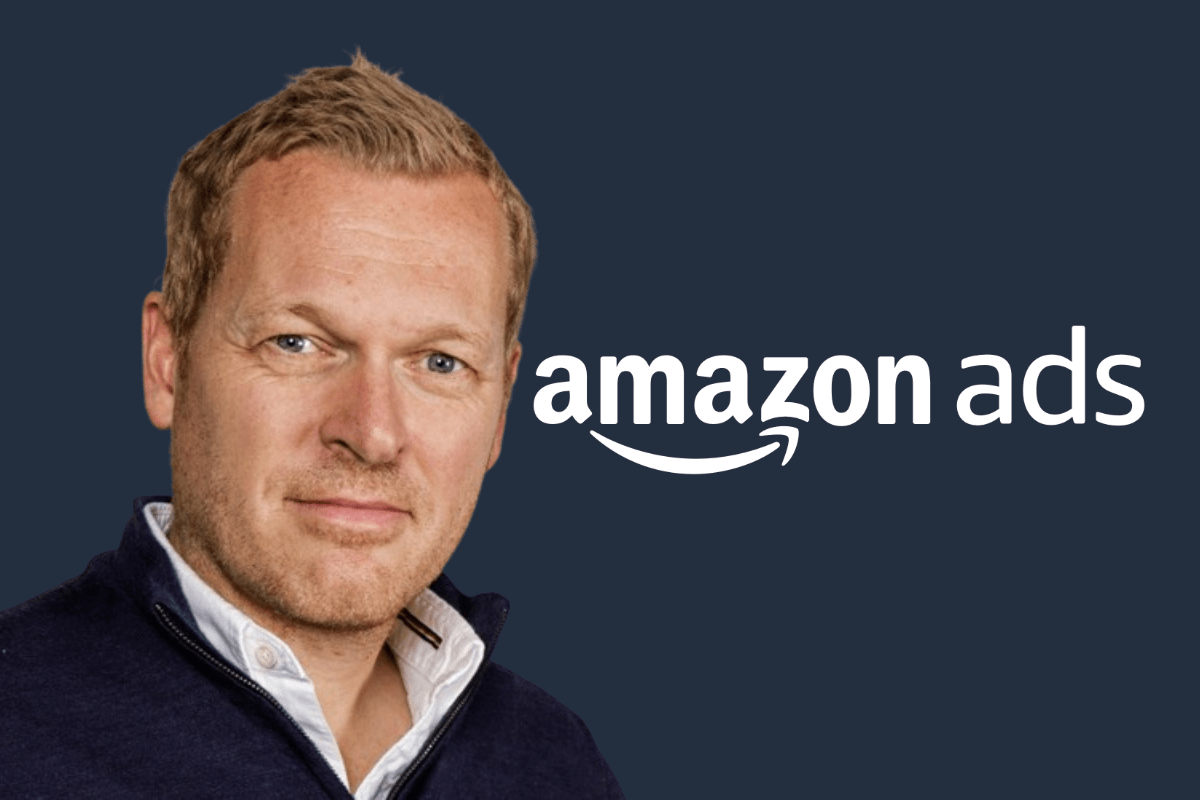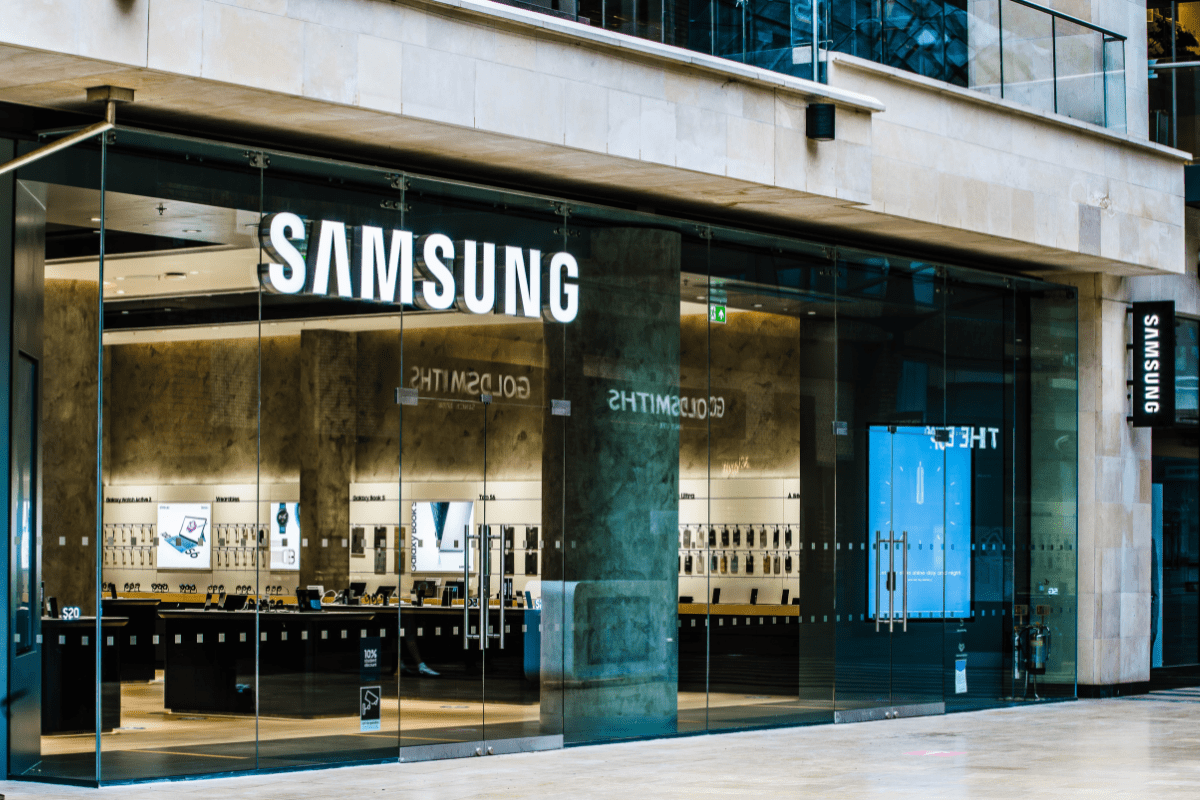Putting Money on Social: How bettings big boys approach social media
- Tuesday, September 5th, 2017
- Share this article:
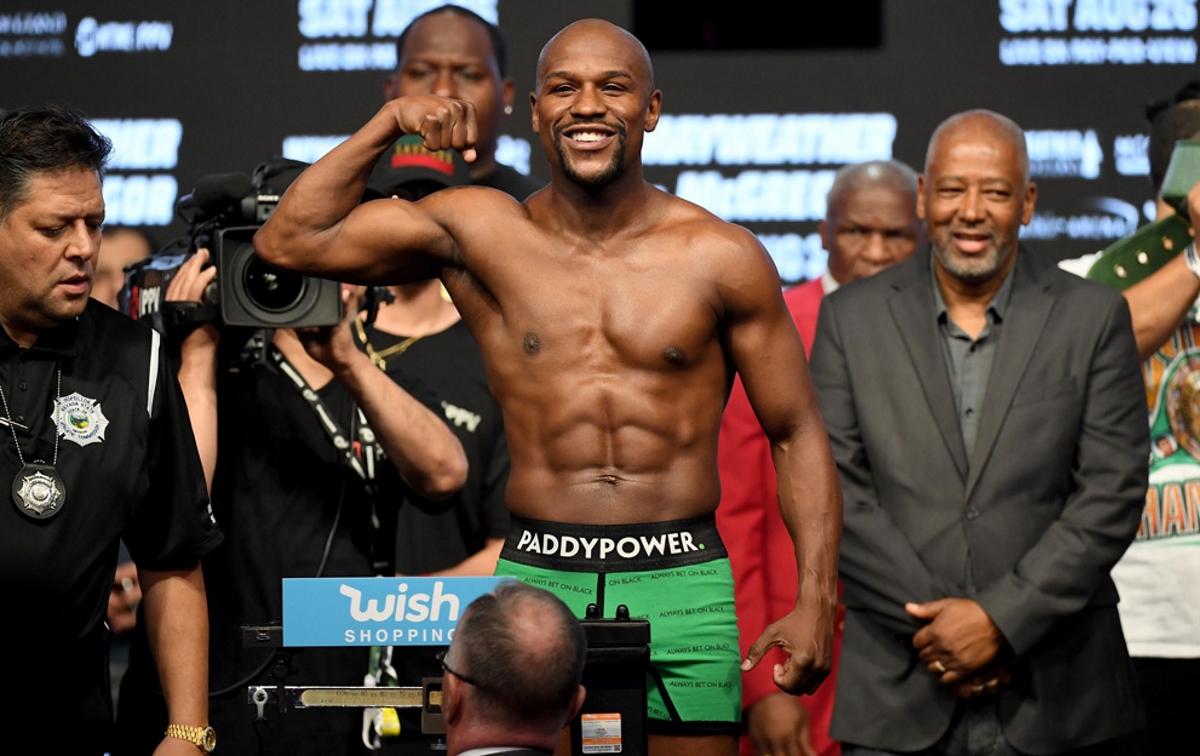
There’s been a lot of talk surrounding betting companies recently, much of which has been very negative in regard to the way the industry targets customers with ads and the amount they pay affiliates for guaranteeing losses. Despite this, betting companies continue to have a large number of customers and sizable social media followings. These social media followings mean they have a massive audience to target with special offers, and general coverage, surrounding major events.
On the eve of the Mayweather versus McGregor match, we covered why how brands could capitalise on the fight, and other major sporting events in the future, on social media. In that piece, we mentioned how good Paddy Power are at what they do on social media, whether tied to an event officially or not.
Still feeling the Power
Paddy Power’s social media game is by far the strongest of all the major gambling players. It boasts 1.5m Facebook page likes and 634,000 Twitter followers. It’s known for its witty, humorous, and sometimes controversial, social approach and is never far away getting stuck in to the latest major betting event. It lives on the edge, and isn’t everybody’s cup of tea, but it sure is successful with its advertising strategy extremely well-known even outside of gambling circles.
However, Paddy Power’s approach does sometimes land it in some trouble. This was seen recently during its build-up to, and during, the Mayweather versus McGregor bout. The Irish betting company, surprisingly, backed the American in the fight rather than the man from its home country. And, with this support, came the hashtag #AlwaysBetOnBlack. The obvious racial undertones of the hashtag caused offence to some people, which led to complaints from people with sense-of-humour failures, and these complaints have led to an Advertising Standards Agency (ASA) investigation. Floyd Mayweather didn’t seem to mind the hashtag though – he proudly sported Paddy Power boxers, with the message written all over them, for his weigh-in before the fight.
Despite the controversy, Paddy Power, once again, delivered big time on social media – enjoying hundreds of retweets and favourites on majority of its Tweets on Twitter, before, during, and after the fight, and several thousands of reactions to each of its Facebook posts.
On the other hand, Paddy Power’s sister company Betfair (the pair completed a merger in February 2016) doesn’t have the reputation of its sibling on social media. It’s the sensible one, stating the facts and providing more general updates. In the buildup to the Mayweather versus McGregor fight in particular, it ran a promotion through its social channels to its Twitter account that offered its 153,000 followers the chance to win a trip to Las Vegas for the fight or a share of £10,000 in free bets. In addition to being the more conventional sibling, in terms of promotions and hashtags (#MayweatherMcGregor), it also interviewed Michael ‘Venom’ Page and David Haye about their predictions for the fight – adding video elements to its social offering on both Facebook and Twitter. So, yes, despite being two halves of the same company, Betfair and Paddy Power are like chalk and cheese.
Slightly less power
Aside from Paddy Power, the only other major gambling operator with over 1m Facebook likes is Bet365. It also boasts 372,000 Twitter followers. The online-only betting company is well-known for its TV ads featuring Ray Winstone but not so much for its social media game. It, in some ways, sits directly in the middle of Paddy Power’s and Betfair’s approaches to social – opting to be humorous, but not audacious, and conventional, yet not boring.
In the lead up to the Mayweather versus McGregor fight, Bet365 played a game of #Bout365 with its followers on Twitter. The game was simple: Bet365 asked questions related to the upcoming big fight, and its followers answered with the hashtag #Bout365 for the chance to win a share of £300 or signed boxing merchandise. It also played the same game prior to the last big boxing event between Anthony Joshua and Wladimir Klitschko.
The next two biggest social players come in the form of, arguably Britain’s most famous bookmaker, William Hill and the oft-criticised SkyBet.
William Hill has 499,000 Facebook likes and 387,000 Twitter followers, while its online-only rival has 520,000 Facebook likes and 340,000 Twitter followers.
In the run-up to the fight, William Hill ran a competition on Twitter giving its fans the chance to win tickets to the fight, along with flights, hotel and spending money. Meanwhile, on Facebook, it enlisted the help of comedy impersonator Al Foran for a series of videos, interviewing big boxing names for their predictions, and running their own Facebook live videos from Las Vegas, at locations like the Hooters Casino, in the days leading up to the fight.
On the other hand, SkyBet interacted with followers on Twitter and Facebook by asking for their views ahead of the big fight with the simple hashtag of #MayweathervMcGregor, while using GIFs to react to moments throughout the night.
The controversies surrounding SkyBet dont involve the fight but the company’s other dealings. It recently put an end to its gaming affiliation scheme, which gave tipsters up to 30 per cent commission when people they directed to SkyBet lost, following pressure that all began with a Guardian investigation. In addition, SkyBet is often accused of working with Sky reporters to encourage bets on potential football transfer activity that is very unlikely to happen. For example, many believe that Sky reporters claim that his/her sources have said a player X is set to join club Y, leading to SkyBet taking a heap of bets on this happening, and then it turns out club Y was never in talks with player X at all.
Elsewhere, the other big players are the other merged duo of Ladbrokes and Coral. Ladbrokes comes with its 347,000 Facebook likes and 193,000 Twitter followers, while Coral has 292,000 Facebook likes and, surprisingly, 346,000 Twitter followers.
Coral’s bigger Twitter following does a lot to explain its approach. During matches, it will offer in-play boosts through Twitter, and it also comes with its fair share of humour. Once again, as with Paddy Power and Betfair, there is a more sensible sibling here and that is Ladbrokes – which pretty much tells it as it is, while also getting video insights from internet personalities in the case of the Mayweather versus McGregor bout.
As you can see, the betting world’s biggest players have several different ways to involve their punters through social media. Some (most) like to stay within the guidelines, but others like to see how far they can push the boundaries before they get a slap on the wrist (Paddy Power). Overall, despite a variety of controversies surrounding betting companies at the moment, it doesn’t look like the social media train is coming to a halt any time soon for the bookies.




